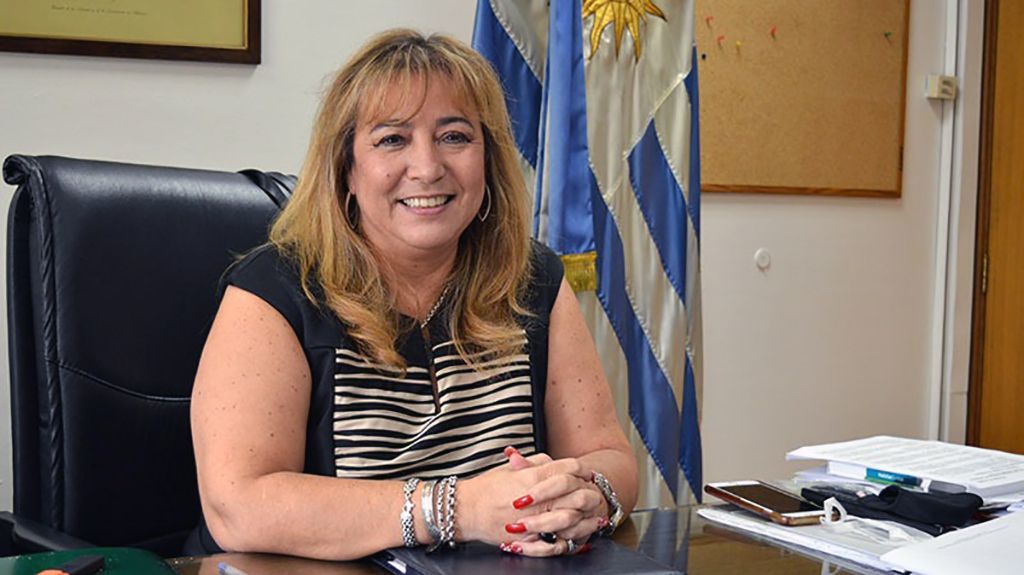"Uruguay Natural, our country brand, requires us to work together on implementing environmental policies", Dr. Irene Moreira, Minister of Housing, Territorial Planning and -until August 2020- Interim Minister of the recently created Ministry of Environment in Uruguay.
In 2020, the Ministry of Housing, Territorial Planning and the Environment celebrated its 30th anniversary, and in August the process of drafting the Long-Term Climate Strategy was launched. In addition, due to the synergy between Uruguay and EUROCLIMA+, a programme of the European Union, a note is presented based on an interview with Dr. Irene Moreira, Minister of this portfolio in Uruguay.
What are the main achievements that the country has made in environmental policy and, specifically, in the area of climate change?
In 2020, we are under the impetus of the new Ministry of the Environment in Uruguay. This shows us the importance that this has at the political level, because we have had support for the creation of this ministry, which is a reflection of the importance that this environmental issue has for us, and of course, that of climate change.
Likewise, from this Ministry and in coordination with the other institutions of the National System for Response to Climate Change, we presented our First NDC in 2017. We have had this system for more than 10 years and it is an institutional framework that has served us in coordinating and planning public and private actions.
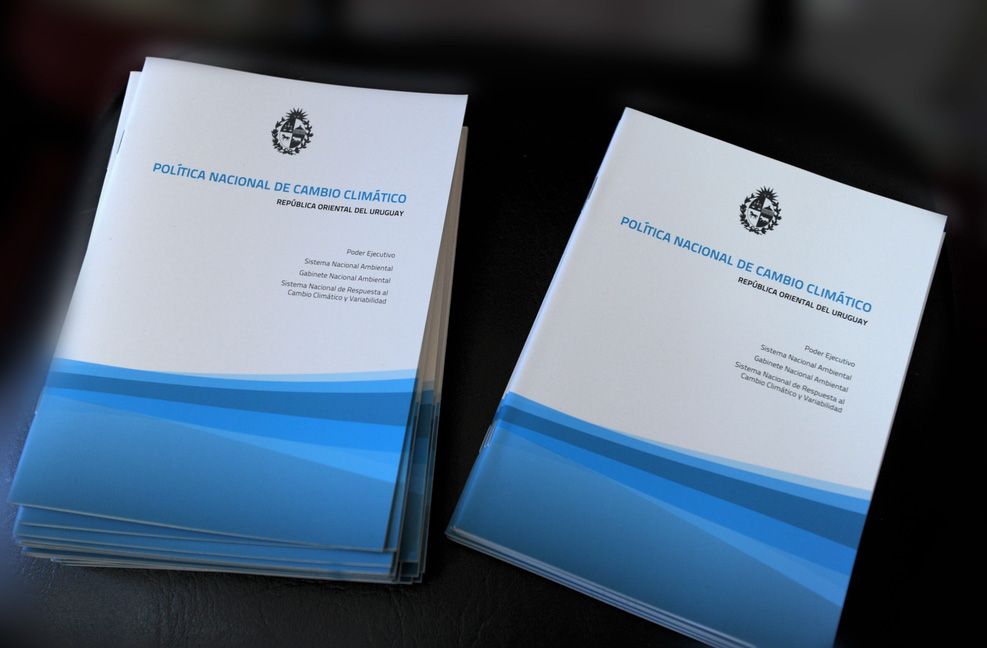
We also have a National Climate Change Policy that allows us to comply with these commitments and that aims to contribute to the sustainable development of our country.
On the other hand, it is important to emphasise that Uruguay has been characterised, throughout its history, by being a faithful adherent to the international commitments we have assumed. We know that the Climate Change Convention is important, and that is why we are working for it.
We have also made progress on the National Adaptation Action Plans (NAPs) in agriculture, NAP cities, NAP coasts, NAP health and NAP energy. There is one last point that we also consider, and this is no less important, which is the issue of education. For us, education is fundamental. We must change this chip, this way of thinking. We have the power in our hands through education, and we must use it.
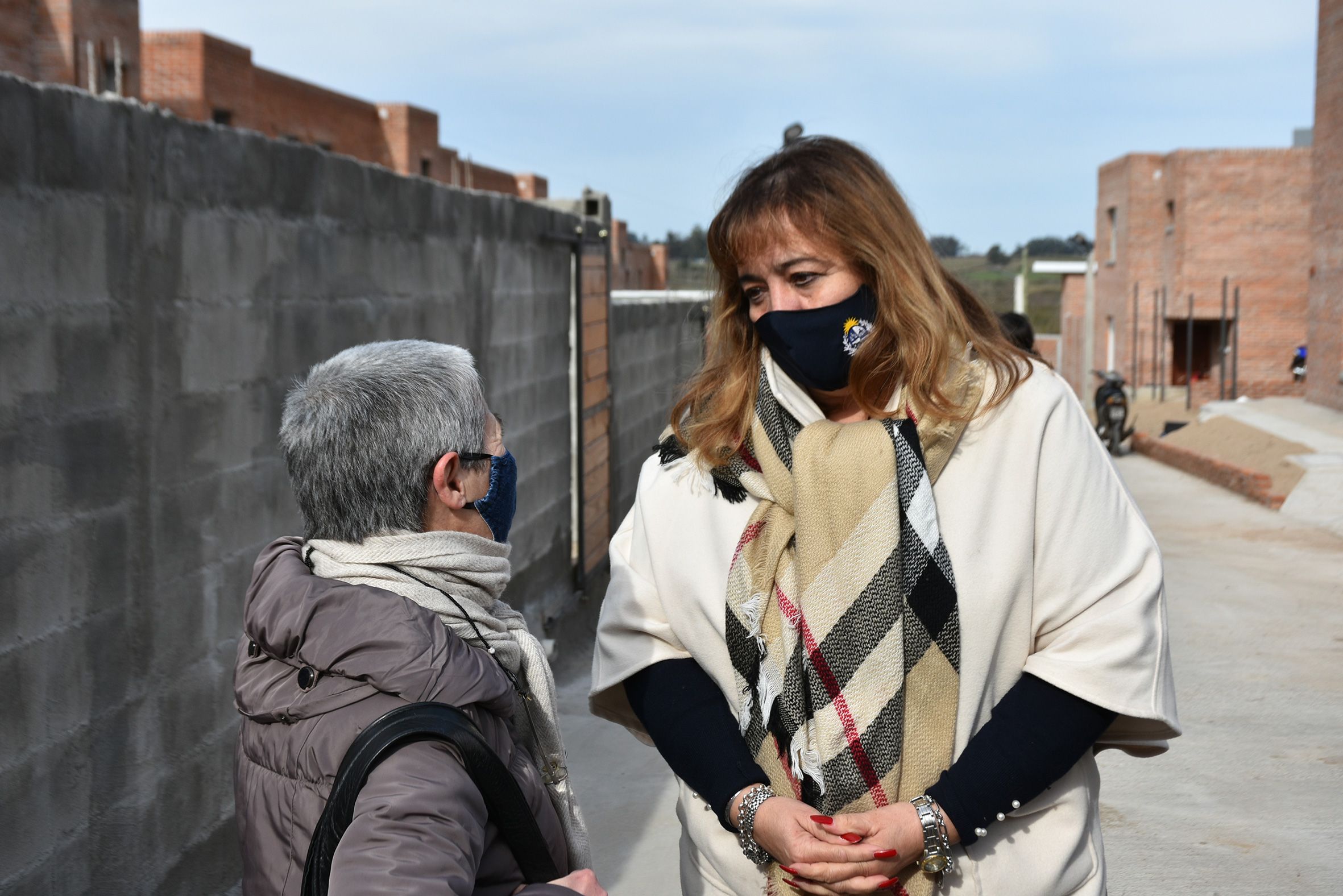
Has this Covid-19 crisis changed in any way the course or actions that were planned for 2020 with respect to environmental issues?
This global impact that we have faced has brought about a change. In Uruguay we have worked together, all the ministries, all the institutions of the government together, focused on this fight against Covid-19.
From the Ministry of Housing, Territorial Planning, and the Environment, we have also wanted to make our contribution. For example, we have prepared several agreements. One of them is with the Clemente Estable Institute of Biological Research, an organisation under the Ministry of Education and Culture, from which the most important scientists in the country and the most important creations in Uruguay have emerged. From the National Directorate of Environment, we have contributed with a technological laboratory, where the presence of the Sars-Cov-2 virus on surfaces is studied.
We also promoted an agreement with the Faculty of Chemistry, with State sanitation works and with the National Water Directorate, a branch of the Ministry of Housing, Territorial Planning, and the Environment, to carry out studies on wastewater. The aim is to detect the presence of Covid-19 15 to 20 days before the first case appears. And we are doing that study and those analyses at the national level, but above all on the borders with Brazil and Argentina.
2020 is a key year for climate action, a year in which countries are called upon to increase ambition in their climate commitments and to orient the development of their societies towards low-carbon and climate-resilient economies, in pursuit of the objective of the Paris Agreement. How is Uruguay progressing in this regard?
Uruguay is a small country, but it is a country that is faithful to its commitments and complies with its agreements. We are working with the United Nations Framework Convention on Climate Change as a reference and in compliance with the Paris Agreement, and for that, we are putting the focus on various actions for a 50% reduction in the intensity of greenhouse gas emissions by 2025.
At the beginning of August, the process of drafting the Long-Term Climate Strategy was launched, which should seek to achieve development with low greenhouse gas emissions, development that involves low emissions and does not compromise food production.
During this virtual meeting, it was highlighted that the problem of climate change cannot be addressed from a portfolio alone, it requires a coordinated cross-cutting viewpoint and action. In this sense, work is being done under the framework of the National System of Response to Climate Change. Furthermore, the only way to work on greenhouse gas emissions is in dialogue with those who design public policies in the different areas. We must remember that the issue of climate change requires a cross-cutting approach, multilateral coordination, and great responsibility. It is important we seek consensus, innovation, and diversification of renewable energy sources while ensuring the protection of biodiversity and human health.
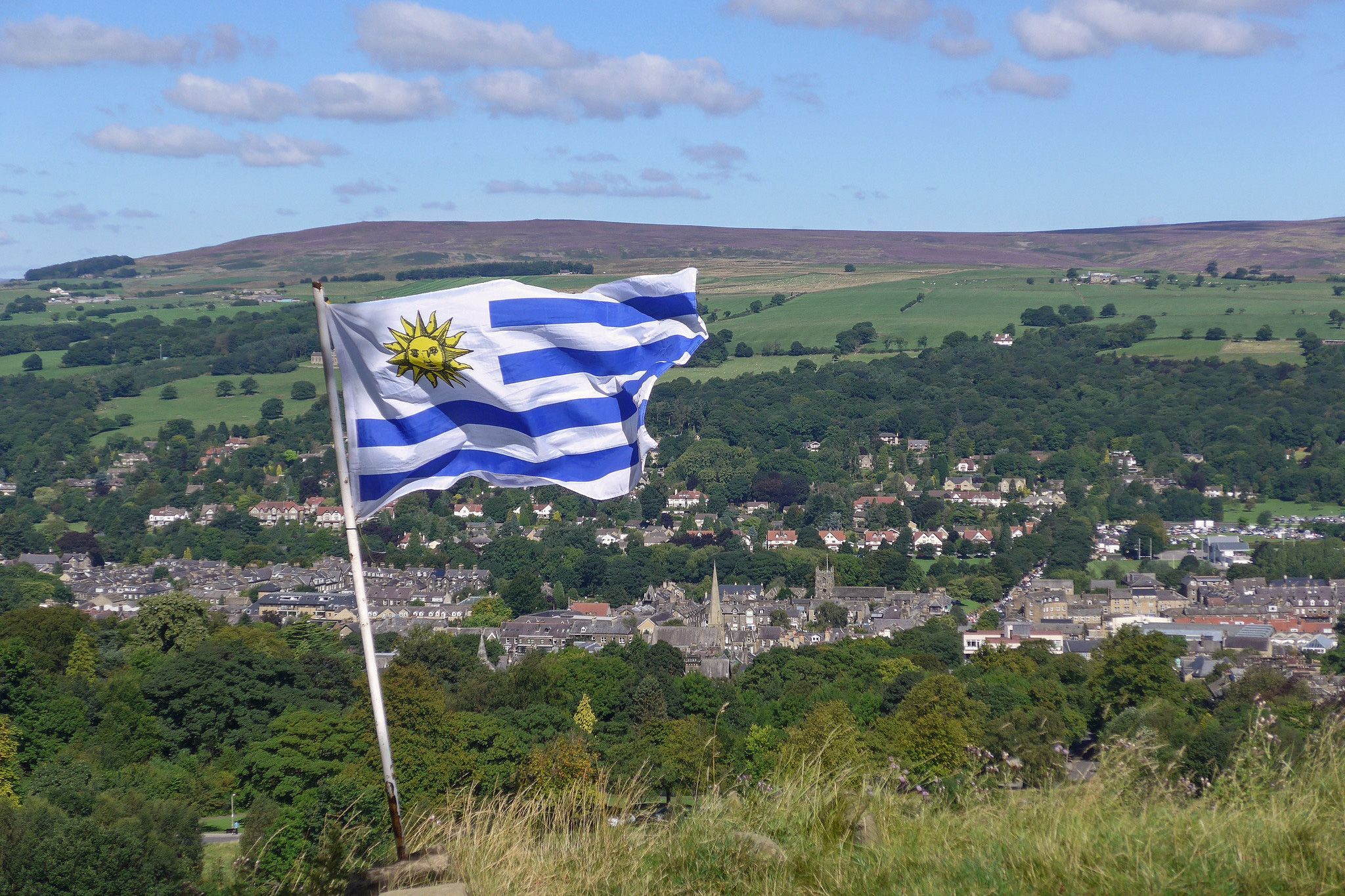
How will the Long-Term Strategy for reducing greenhouse gas emissions be developed?
The Long-Term Strategy will have as a reference the current National Climate Change Policy (PNCC), which contains strategic guidelines through which Uruguay intends to confront the problem of climate change. It will also use its first Nationally Determined Contribution (NDC) to the Paris Agreement as a reference, which was presented by Uruguay to the Convention in November 2017. It establishes more than 80 measures for mitigation and adaptation to climate change with specific targets for 2025.
With this NDC we aim to reduce the intensity of GHG emissions (amount of GHG emissions per unit of Gross Domestic Product) by about 50% between 1990 and 2025.
We understand that this strategy will be the basis for agreeing on a national commitment for climate change, with a strong consideration for future generations and that will transcend the different periods of government.
How do you assess the existing cooperation with EUROCLIMA+ and what do you consider to be the main benefits that this European Union programme has been able to provide and will continue providing to Uruguay?
Sincerely, the work that Uruguay has been doing with EUROCLIMA+ is essential. This European Union programme has allowed us to make progress on this strategic vision of the country we are pursuing.
We have divided our objectives into two phases. The first is from the National System of Response to Climate Change, which has allowed us to implement actions under the framework of our Climate Change Policy, for which we have worked very closely with the different implementing agencies of EUROCLIMA+.
EUROCLIMA+ has given us strong support in the collection and systematisation of information, data and identification of actors. This has allowed us to make a predictive model of disease behaviour. It has also allowed us to create an early warning system for these climate events, giving us a rapid response capacity.
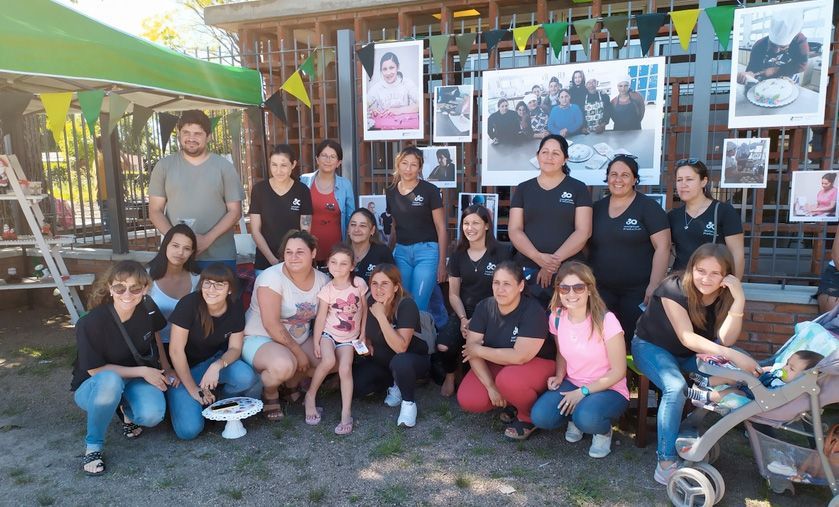 We must make a cultural change, and for that we must work at all levels, primary, secondary, and tertiary. But not just in formal education, in non-formal education as well; in other words, organisations and civil associations that are giving their support and their stamp of approval. This is why we are collaborating with the National Response System working group, where we are raising awareness about the cultural change we need to make.
We must make a cultural change, and for that we must work at all levels, primary, secondary, and tertiary. But not just in formal education, in non-formal education as well; in other words, organisations and civil associations that are giving their support and their stamp of approval. This is why we are collaborating with the National Response System working group, where we are raising awareness about the cultural change we need to make.
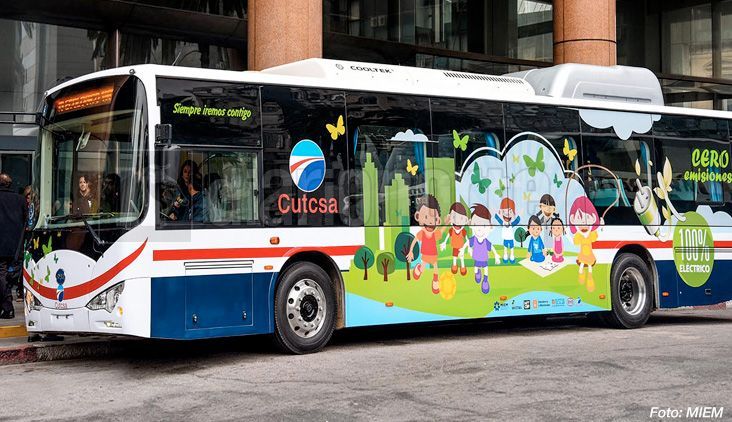
We also have the project for the development of the National Sustainable Mobility Plan. In this area we are also working jointly, transversally and inter-ministerially, with different ministries such as the Ministry of Economy and Finance, Transport and Public Works, Energy and Mining and, obviously, the Ministry of Housing, Territorial Planning and the Environment, to create this sustainable urban mobility policy. But it is not just the ministries that are involved, we also think about supporting the departmental governments. In other words, I am talking about a global relationship, a view of the country as a whole.
With respect to the second phase (among other initiatives such as health, support for the Long-Term Climate Strategy and Action for Climate Empowerment), we are proposing the implementation of pilot actions, for coastal and mobility issues. In Uruguay we have kilometres and kilometres of ocean coastline, which is a richness that we must protect and care for given the impacts of climate change. That is why this pilot action that we hope to implement is so important.
*Dr. Irene Moreira, Minister of Housing and Territorial Management of Uruguay. She was also Interim Minister for Uruguay’s Ministry of the Environment created on 27 August 2020.
